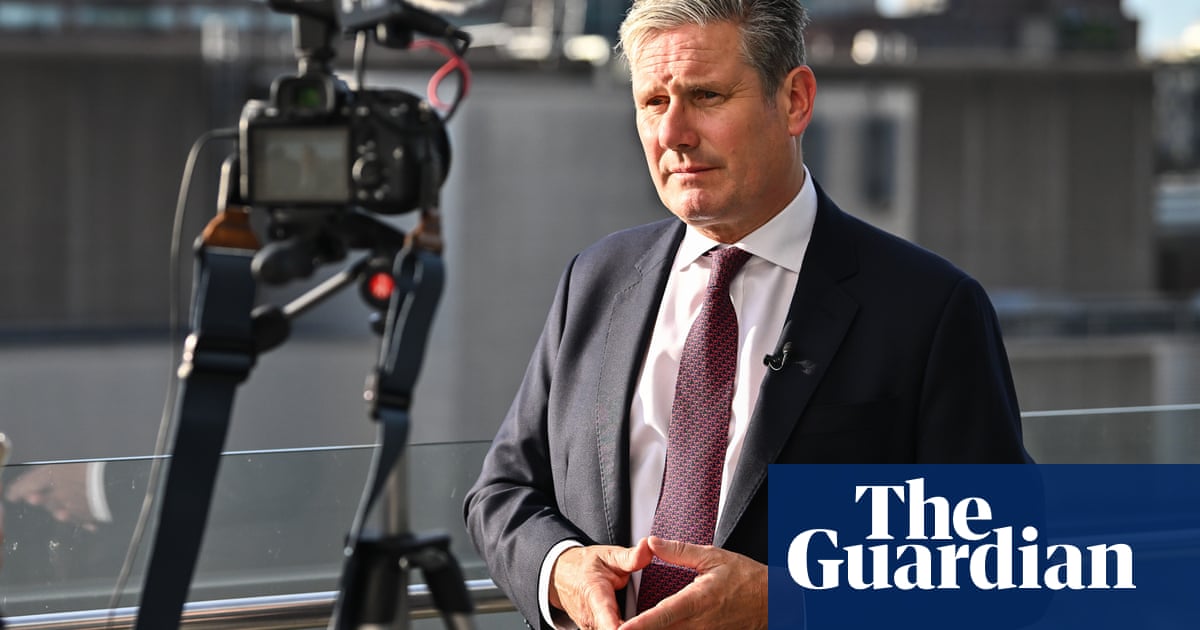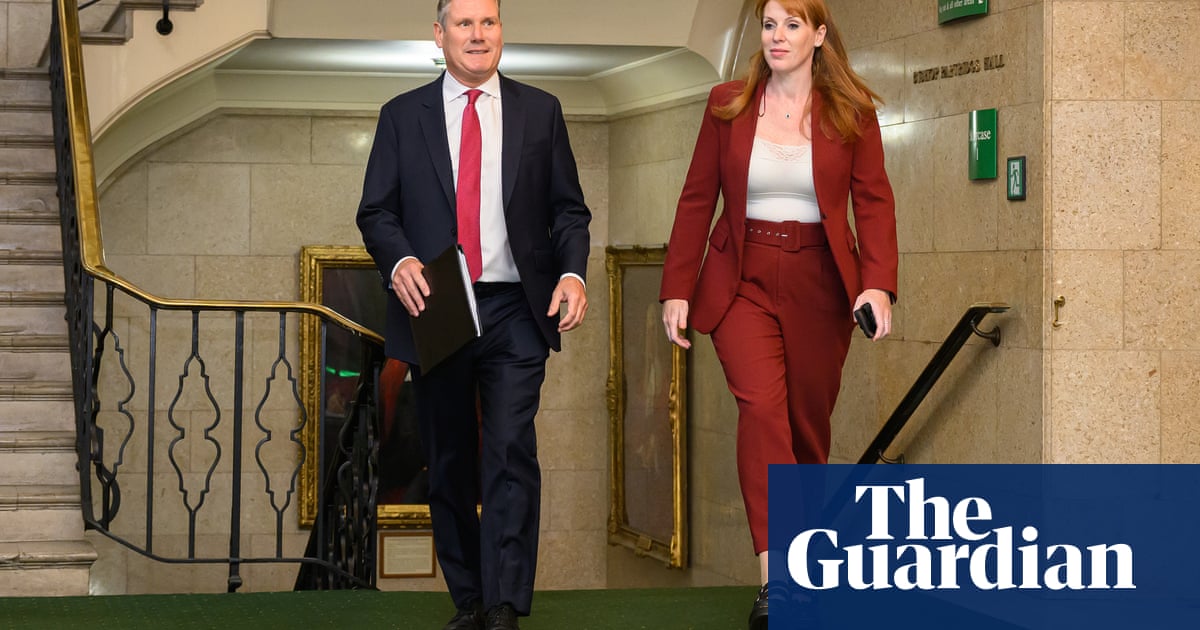
“Look at that,” said a middle-aged woman delightedly, stopping halfway down the street in Great Yarmouth to nudge her friend. “Life is crap!”
She was pointing to a stall selling slogan T-shirts for a fiver, all bearing those three words in several bleak variations: life is crap because your ex got the house, life is crap because you’re out of wine, or … well, fill in your own version. I heard plenty over three days of travelling up the east coast, where Labour is targeting a string of Tory-held former fishing ports and seaside resorts where life for many is no holiday.
The blue tide is going out with a vengeance along this largely leave-voting coast, as furious Tory voters revolt against the failure to deliver the lower immigration, salvaged NHS and general return to glory they were promised outside Europe. But something else is draining away along with it that makes Labour’s task more difficult: the willingness to trust grand promises in the future, and in some places the belief that better things are possible. All of which helps make sense of the Labour manifesto Keir Starmer finally unveiled in Manchester on Thursday morning with the absolute opposite of razzmatazz – no drama, no surprises, and a sombre warning that things won’t get better overnight even if Labour wins. A downbeat manifesto for a downbeat nation.
Preceded onstage by a young father who talked movingly about bringing up two children in a cramped one-bed flat, and a teacher dying of cancer who said he was voting for the better NHS he won’t live to see, Starmer promised once again to smash the smuggling gangs who bring small boats across the Channel, crack down on antisocial behaviour, and absolutely not raise taxes – while delivering a stern rebuke to anyone seeking what he called “desperate gestures and gimmicks”. It was a manifesto for people who view politicians with suspicion and outright hostility – trust in politics is now at an all-time low, according to new research from the veteran pollster Sir John Curtice – yet still desperately need the things that traditionally only a Labour government has delivered, and are, perhaps, willing to make only one more roll of the dice.
If you want pantomime, he said, try Clacton-on-Sea – a jibe at Nigel Farage’s last-minute attempt to crowbar himself into this Essex constituency. (Though as it happens, on Tuesday night Farage was in Great Yarmouth, addressing around 400 people at a rally in a racecourse bar. In a seat that should be winnable for Labour, Reform is snapping at its heels, a reminder that other answers are available to these voters if Labour disappoints.) Starmer didn’t mention the Greens, whose own manifesto reads like a homage to Jeremy Corbyn and those who miss him. But the message to Labour waverers tempted to vote for either smaller party is essentially the same: do you want to shove another coin in the slot machine? Or would you rather have small but concrete promises that might actually be fulfilled?
“What we have to fight is the idea that nothing can be fixed,” Jess Asato, the Labour candidate for Lowestoft, told me earlier this week, over coffee and a bacon roll in the former fishing port, lately fallen on hard times. In seats such as this, people want the basics because even that would be a step up from where they are now.
Asato grew up just along the coast in sometimes difficult circumstances herself, as a young carer to her grandmother; a former aide to the late Tessa Jowell, she’s now fighting the new seat created roughly on the boundaries of the old Waveney one, where the Tories had a majority of more than 18,000 last time, but which can no longer be regarded as safe.
Manifesto promises to ban the sale of sugary energy drinks to children and offer 700,000 more dental appointments sound small beer, but they make sense here: Asato is shocked at the number of people she’s met who have lost all their teeth. “It’s just endemic, it goes across all classes – even the people who can afford it can’t find a private dentist. I have met people who’ve pulled their own teeth out.” Like Lincolnshire further north, Suffolk doesn’t have enough dentists or GPs to meet local need. The manifesto pledge to halve the gap in healthy life expectancy – the age people reach before suffering some kind of chronic illness – between rich and poor could also be transformative in coastal towns such as this, with some of the worst health outcomes in the country.
Further down the coast, in the rapidly gentrifying Kent seaside towns where Labour also hopes to pick up seats, it’s the pledge to build 1.5m more homes that seems more likely to resonate. Priced-out young Londoners have snapped up houses by the sea here, but with rapid gentrification comes painful pressure on housing. Private renters are being squeezed out by landlords turning to Airbnb while thirtysomething locals stuck living in their childhood homes can grow resentful of incomers.
Polly Billington, a former adviser to Ed Miliband, is standing in Tory-held East Thanet, which stretches from genteel Broadstairs to arty Margate, with its brightly painted boutiques and seaside cocktail joints. But the bedrock of this constituency remains older, white, working-class voters living often precarious lives.
A few streets back from the seafront are families living in sometimes deep deprivation, “utterly ground down, mums who are doing three jobs, can’t get childcare,” Billington told me this week. When she asks on the doorstep what worries people most, “People just give this huge sigh, lean against the doorframe and just say ‘everything’.” For some it’s the cost of living or GP access, but she’s also regularly asked what she’s going to do to stop the boats – the insistent drumbeat on doorsteps up and down the coast. The poisonous myth that candidates are battling against all along this coast is that there’d be plenty of GPs or affordable flats to go round if there were fewer immigrants: if they don’t see change quickly under a Labour government, those dark sentiments may only grow.
Before I set off up this coast, I thought Labour’s campaign needed more hope. For the confident middle classes, perhaps that’s true. But what’s lacking in many of Labour’s former heartlands isn’t hope: it’s faith, the ability to believe that politics isn’t doomed to fail you again just because it has before. Starmer will be accused, with this manifesto, of playing it safe. But really, it’s just a different kind of gamble: betting the farm on being able to generate economic growth fast enough to deliver on his promises, and make a nation believe again.
Gaby Hinsliff is a Guardian columnist
Guardian Newsroom: Election results special. Join Gaby Hinsliff, John Crace, Jonathan Freedland and Zoe Williams on 5 July












